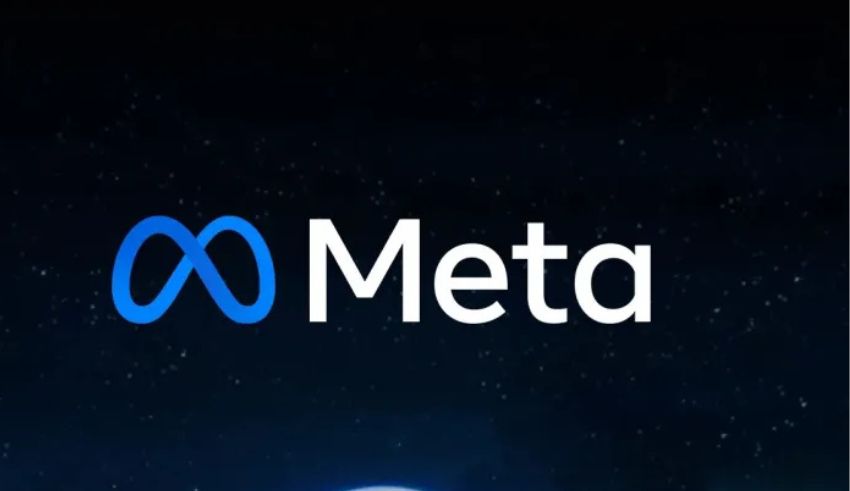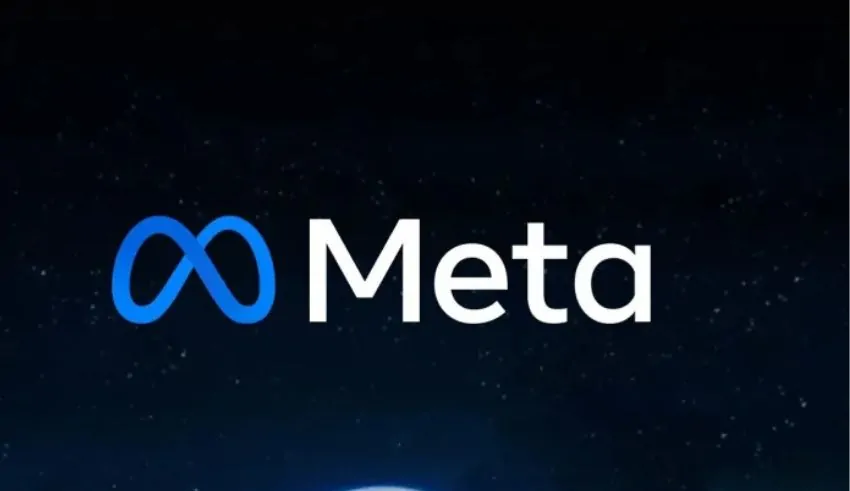

(C) Meta
The parent company of Facebook, Meta, has launched a new initiative to combat a growing issue hurting social media: con artists passing for celebrities trick consumers using their likenesses. On Tuesday, the titan of technology unveiled its most recent project: improved facial recognition software used to spot phony accounts and fake advertising. Frequently featuring well-known celebrities, these scams attract victims into visiting phony websites or providing confidential information including credit card details.
Since scammers are becoming more sophisticated in their approaches, Meta’s new plan displays its will to handle these online risks. Meta seeks to use machine learning classifiers and face recognition technology to stay ahead of fraudsters using popular celebrities’ likenesses, hence targeting gullible consumers.
Meta’s new strategy aims for using machine learning to identify potential frauds in ads and accounts featuring celebrities’ resemblance. Facial recognition technology is used to match public figure official Facebook and Instagram profiles with the face shown in an advertisement once it has been reported. Should one find a match on the platform and the system confirms the advertisement is fraudulent, Meta will remove a match from the platform.
This effort signals a significant change in Meta’s ongoing fight against internet frauds. Particularly, the company stressed that whatever the outcome, all face data produced during these one-time comparisons is immediately deleted. Meta has been keen to reassure customers that this material will not be saved or used for any other purpose except its first fraud detecting one. The company has traveled great distances to ensure openness in order to find a compromise between privacy concerns and forward its security policies.
Initial results of Meta’s facial recognition algorithm have been promising. Working with a small group of well-known individuals, the company polished the system; early findings show that the tool might speed up and increase accuracy in scam detection. These first tests have been very crucial in directing Meta’s mass deployment of facial recognition and system enhancement of efficacy.
Beyond celebrity frauds, Meta is testing alternative user authentication by video selfie verification. Designed to let users access their accounts, this feature offers a faster and simpler substitute than the traditional method of turning in official IDs for identity verification. Video selfies aim to streamline the process and minimize the annoyance consumers feel when locked out of their accounts due to suspected activity.
This expansion complements Meta’s more general strategy to protect its customers against an always expanding tsunami of online frauds. Scammers are shifting their tactics to avoid detection, hence Meta’s advanced facial recognition technology is simply one of numerous techniques the company is looking at to keep ahead of these deceptive methods.
Meta acknowledged that although its methods might not be perfect as the “adversarial character” of fighting frauds meant that fraudsters would always adapt to conceal from discovery. Still, the corporation is committed to enhancing its tools and raising its resources to tackle these evolving threats. Meta also highlighted its will to develop new technical defenses to raise its capacity for application and scam detection.
“Scammers are relentless and constantly change their strategies to avoid discovery,” Meta stated in a statement. “We are just as driven to keep ahead of them; we will keep developing and testing new technical defenses to increase our detecting and enforcement capabilities.”
Meta recognizes the need of maintaining transparency and cooperation even as its innovations in fraud detection help it to grow. Meta has vowed to closely work with legislators, authorities, and other experts to ensure that its new tools meet highest criteria in privacy and security.
Meta’s constant talks with these partners show its dedication to not only improving its own systems but also to helping more broad campaigns in online safety. The rapid development of artificial intelligence and machine learning offers companies such as Meta additional opportunities to resist cyberattacks. These changes do, however, also bring challenges, particularly in balancing the need for security against data use and privacy.
Although Meta’s facial recognition tool marks a significant development, the company is fully aware that technology by itself cannot solve the complex issue of online frauds. Dealing with scammers demands for a varied approach including improved platform policies, enhanced user education, and reporting systems.
Meta is constantly refining its data analysis techniques, developing machine learning algorithms, and building increasingly robust reporting mechanisms so users may highlight questionable behavior. Apart from this, Meta recommends customers to be attentive and record any questionable adverts or accounts they come across since user comments are highly crucial for the detection and eradication of bogus material.
Though scammers provide ongoing challenges, Meta is excited about the opportunities of her new technology to create a better and safer online world. Using facial recognition technology in scam identification is one way Meta is reacting to the shifting digital battlefield, where frauds and scams are becoming more common.
As the digital world keeps growing, scammers will undoubtedly keep refining their techniques. Nonetheless, Meta’s proactive attitude means that the company wants to lead the charge in creating a safer, more dependable surroundings for its billions of customers. Combining facial recognition, machine learning, and other innovative technologies will not only help to identify and halt frauds but also offer a model for how responsibly technology should be used to defend consumers from online threats.
Meta’s ultimate goal is to create a more open, safer platform where users may be sure their personal information and interactions are kept safe. By maintaining investments in technologies like facial recognition and collaborating with industry experts, Meta intends to set the standard for online safety and confidence in the digital era.
OpenAI's new image creation option on ChatGPT attracted many users in a short time. ChatGPT achieved its one million user…
Yuki Tsunoda has targeted a dream podium at his home Japanese Grand Prix following his surprise elevation to Red Bull.…
Finally, it is out! Tom Holland will return to the red and blue suit as Marvel formally launches the title…
Turkish music lovers and the whole entertainment world on Sunday night were put in shock by the unexpected passing of…
The Senior Asian Wrestling Championship 2025 held in Amman closed with an exhilarating finale for India. The freestyle wrestling contingent…
Having been aired in Japan, the second season of Shangri-La Frontier has just been completed, and people are already hashtagging…
This website uses cookies.
Read More